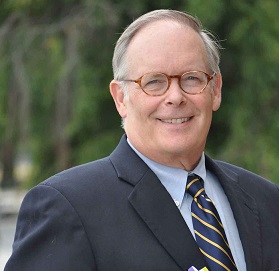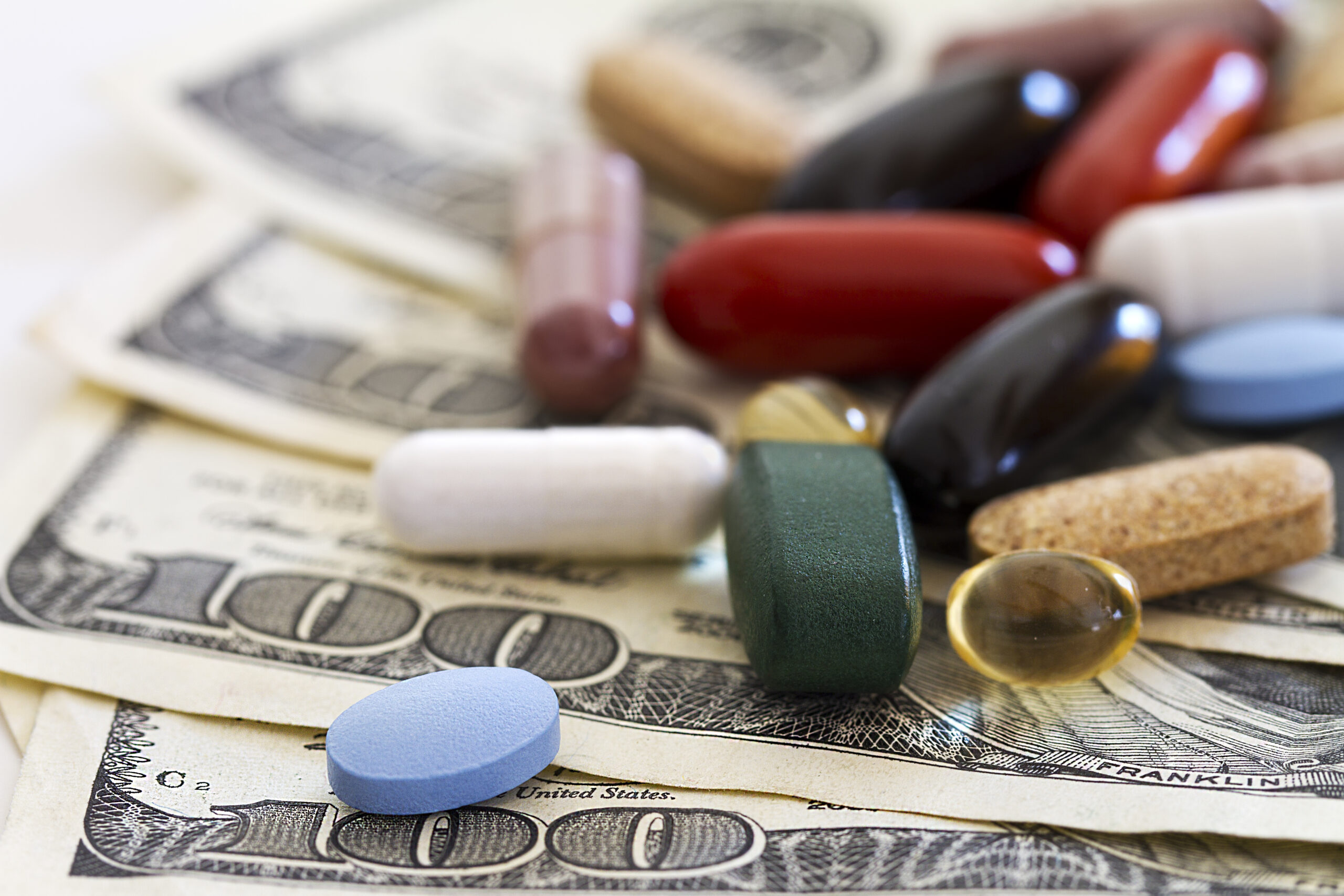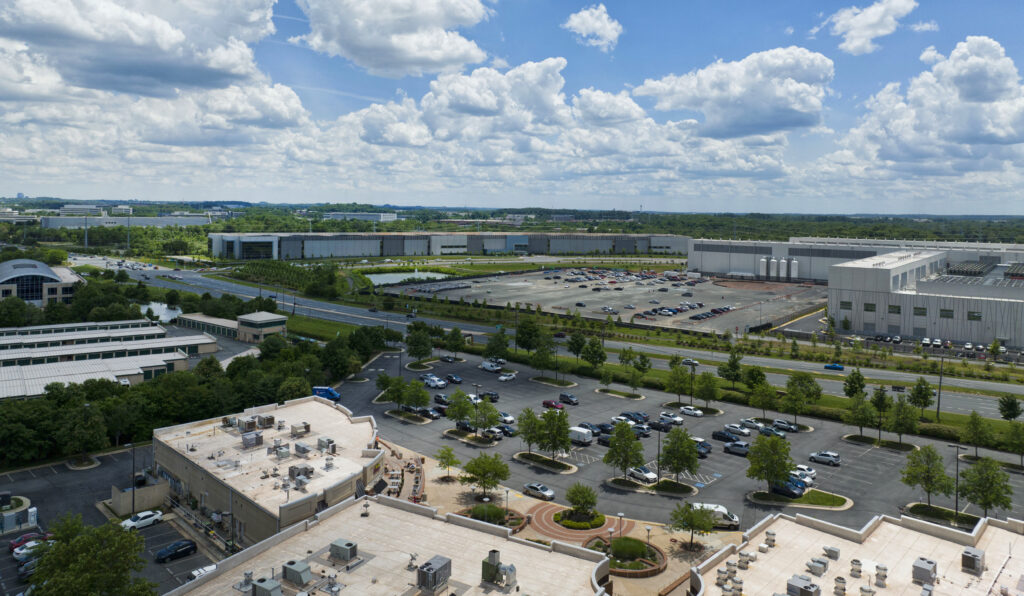Cabinet Members Brief Lawmakers’ COVID-19 Workgroup on Medical Efforts

In the first meeting of the legislature’s new COVID-19 workgroup Wednesday, lawmakers received briefings on the efforts state government is taking to prepare for the expected wave of sick people flooding into Maryland’s hospitals.
They were also updated on the state’s outreach to businesses impacted by the sharp reduction in economic activity.
The panel of two dozen lawmakers, appointed in the final days of this year’s General Assembly session, met by telephone Wednesday afternoon. A recording was made public after it ended.
Health Secretary Robert R. Neall told the panel that the state is working with companies that are able to erect modular structures quickly for make-shift medical facilities.
“I’m in constant contact with a couple modular building vendors and they can stand up a [hospital] ward that could hold 30 patients for $100,000 apiece. When you equip it and install it, it’s about $200,000 apiece,” he said.
“We could do 100 of those and that would cost $20 million, which for hospital construction is dirt cheap,” Neall added.
The pop-up structures would be go primarily in hospital parking lots “so they’d be an integral part of the local hospital and it would give them some surge space.”
The state’s plan includes use of the Baltimore Convention Center as well as Laurel Hospital, which is being re-opened.
Neall said the state conducted its first COVID-19 drive-up testing site, on a pilot basis in Queen Anne’s County last week. Forty people were tested.
“We know how to do it,” the secretary told lawmakers. “All we need are the test kits and we’re good to go.”
Neall said that test kits, personal-protective equipment and ventilators remain in short supply. “This is the chronic problem we’ve had from the very beginning. This equipment is very scarce.”
The federal government “told us last week that we got 4,000 test kits coming, but frankly we haven’t received ‘em yet,” he said.
Maryland has 1,040 ventilators in its hospital system, but Neall said he “would sleep a lot better at night if we had twice that many.’’
He expressed hope that “corporate America” would step up and begin manufacturing items that all states are struggling to obtain.
“When this gets crazy, I think people are going to be wearing trash bags fastened with duct tape, because there just doesn’t seem to be enough equipment — unless corporate America can start start producing this stuff in quantity.”
Commerce Secretary Kelly M. Schulz said the state hopes to launch a $5 million Manufacturer Innovation Relief Fund this week. Firms that have manufacturing capability could apply for grants for employee training or plant updates that would allow them to produce medical care equipment.
Maryland is eager “to see if they have innovative ways where they can assist in the essential needs and shortages that have been created” by the outbreak, she said.
The Commerce Department is urging lawmakers to alert hard-hit small businesses in their districts to the grants and loans that are available to them.
Neall also told the bipartisan group of legislators:
- Maryland has 396 ICU beds and 2,072 adult acute care beds currently available for COVID-19 patients
- Nearly all of Maryland’s 423 cases of coronavirus infection are in the Baltimore and Washington, D.C., metropolitan areas
- The state’s testing laboratory is now able to process 500 samples a day
- Maryland hopes to obtain a pop-up medical station from the federal government — “one of these hospitals in a box,” for the Convention Center — to be jointly operated by the University of Maryland Medical System and the Johns Hopkins Medical System
- Approximately 2,500 medical volunteers have signed up to assist in the treatment of patients. The state’s goal is 5,000. Nursing and medical students are expected to be utilized to provide care
The state hopes to expand its field testing program later this week — at the MVA emissions site in Glen Burnie and FedEx Field in Landover — provided it has the test kits it will need. Only people with a doctor’s order will allowed to get a test, Neall stressed.
“It’s not going to be a drive-up testing on demand.”



 Creative Commons Attribution
Creative Commons Attribution